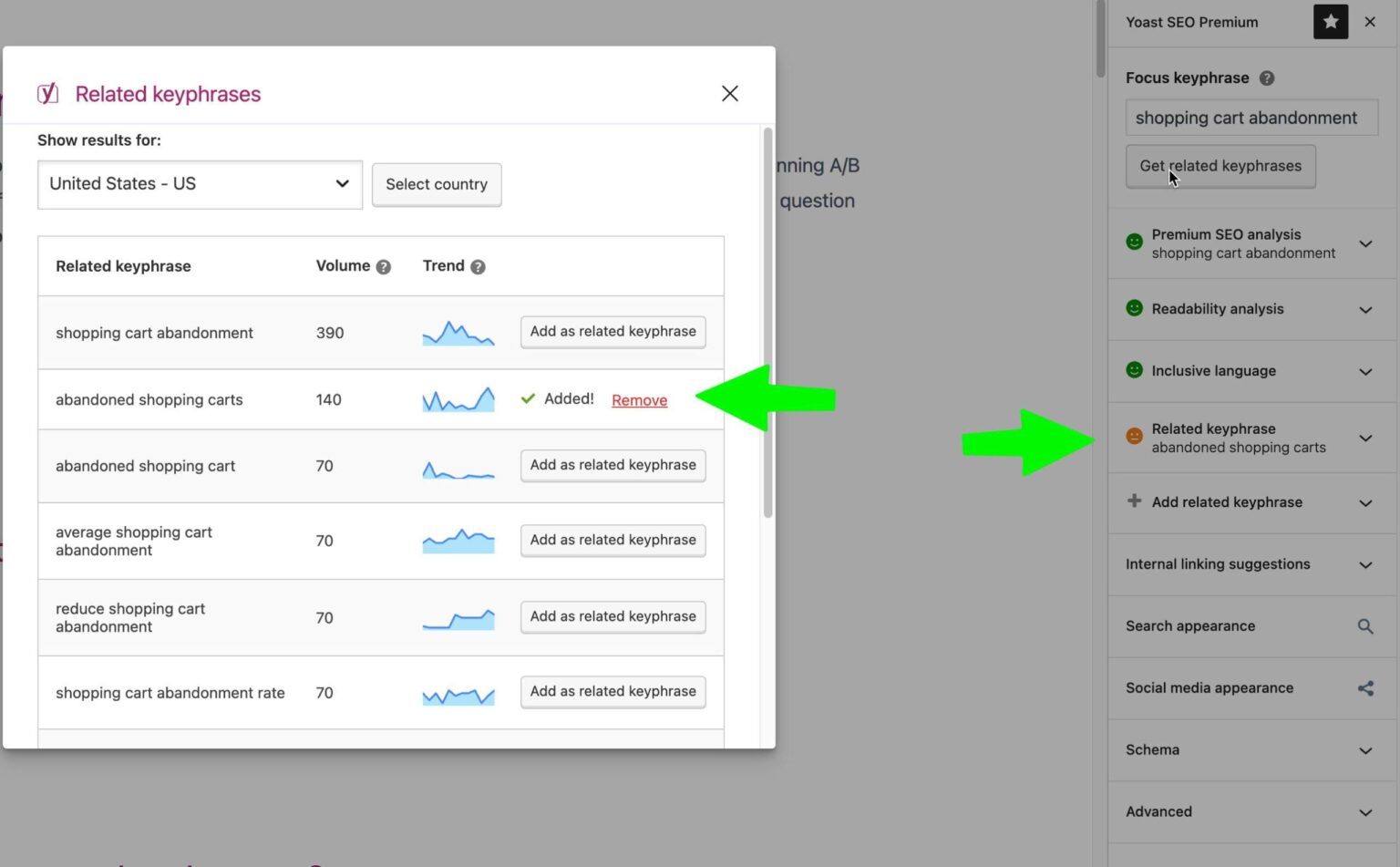Africa Today – August 22, 2025: Major Security and Legal Developments Across the Continent
Interpol’s Operation Serengeti 2.0: A Continental Strike Against Cybercrime
In an unprecedented multinational initiative, Interpol has successfully apprehended over 1,200 individuals involved in cybercriminal activities spanning multiple African nations. Known as Operation Serengeti 2.0, this extensive campaign targeted intricate cyber syndicates engaged in financial scams, ransomware attacks, and identity fraud schemes. The crackdown covered more than twelve countries with Nigeria, Kenya, and South Africa emerging as primary centers of enforcement action.
Authorities confiscated vast amounts of illicit digital assets including cryptocurrencies worth millions of dollars alongside compromised databases and advanced hacking tools. This operation highlights a growing trend toward enhanced continental collaboration against cyber threats by combining Interpol’s global capabilities with local law enforcement expertise.
| Country | Number of Arrests | Seized Assets | Main Cybercrime Type | |
|---|---|---|---|---|
| Nigeria | 450 | Encrypted Servers & Bitcoin Wallets | Email Phishing & Financial Fraud | |
| Kenya | 300 | Malware Packages & Banking Credentials | Ransomware Deployment | |
| South Africa | ,250 | ,Data Dumps & Stolen Identities | ,Identity Theft | |
| South Africa | 250 td >< td >Data Dumps & Stolen IDs< / td >< td >Identity Theft< / td > tr > | |||
| Country th > | Number of Arrests th > | Seized Assets th > | Main Cybercrime Type th > tr > thead > | |||
|---|---|---|---|---|---|---|
| Nigeria td > | td > | td > | Email Phishing & Financial Fraud /> td >
tr > | |||
| K enya td>
t d> t d> tr > | ||||||
| Country | No. of Arrests Made |
|---|
| Country” | Arrests Made” | Major Seizures” | Primary Cybercrime Type” ”
|
—
|---|

